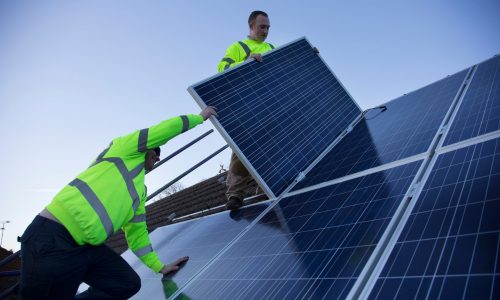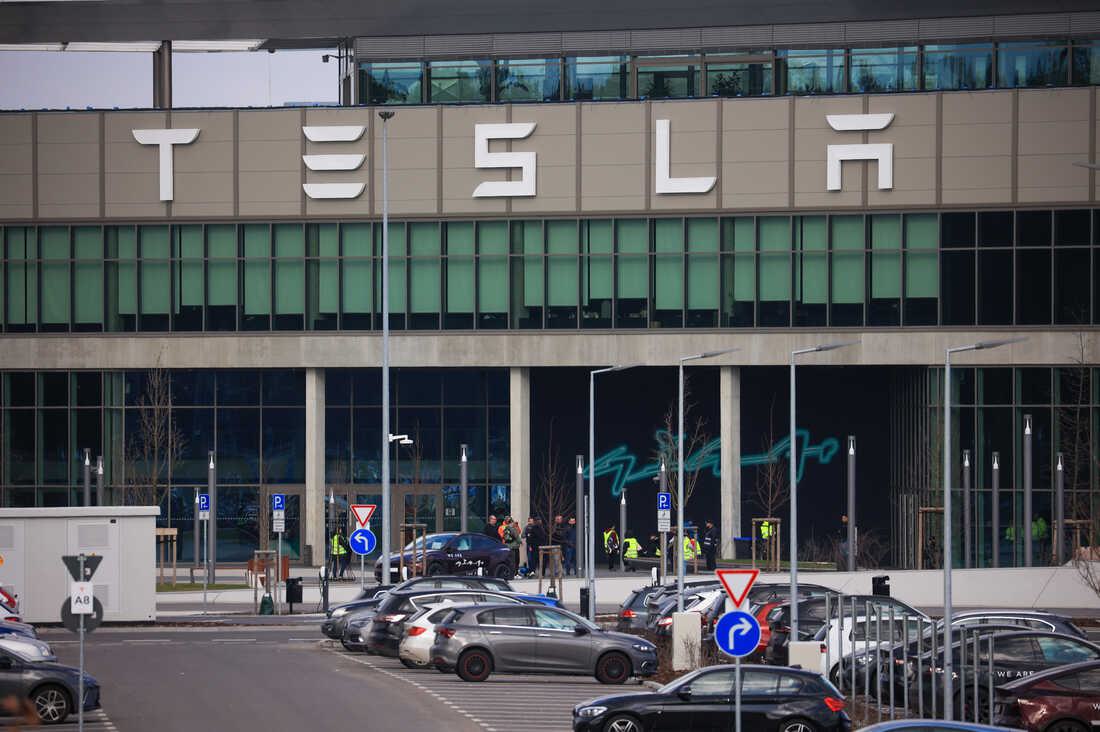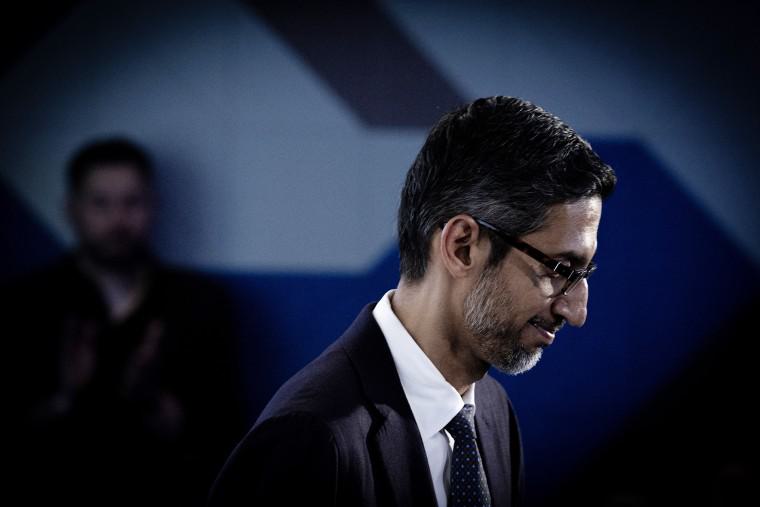UK Renewable Energy Outlook - Dispatch Weekly
May 4, 2018 - Reading time: 5 minutes

Last year renewable energy accounted for two-thirds of new power added to the world’s grid, says the International Energy Agency. The shift was driven by falling prices and government policies, particularly in India, China and Brazil, which accounted for nearly half of world’s new renewable energy investment.
The UK government has committed to phasing out coal-burning stations by 2025. This change is happening because the day of the dinosaurs is over. Small, agile generators are suddenly seizing control, according to Matt Setchell who leads the energy investments arm of Octopus Group.
“10 years ago, most of the energy generated in the UK came from around 50 large power plants,” Setchell says. “We now have a million generating assets of different sizes, distributed around the grid.”
On the other hand, Labour has accused the government of holding back clean energy projects in the UK by allowing energy networks to impose “outrageous” charges on renewables developers.
The Good News
The BBC reported recently that renewable energy provided more than half of the UK electricity for the first time. This is a trend that will continue to grow exponentially as it provides a better alternative compared to the traditional way.

Safer Environment
The higher penetration of wind and solar power in the grid will allow drive coal production and coal-fired generation out of business.
Green energy produces little or no waste products like carbon dioxide and other toxic chemical products that can be harmful, so it has a minimal impact on our environment. It is a greener and more sustainable way to consume energy that will create a long term solution to the debilitation of fossil fuels.
Most energy companies have started the process of investing heavily on renewable energy in order to gain an advantage over their competitors. As competition stiffens up, prices go down and it makes green energy more affordable for anyone.
For instance companies like Octopus Energy has been named 2018 uSwitch Energy Supplier of the Year and has placed itself firmly within the energy market now, operating as a virtual integrated utility – an energy supplier that can pull together the elements to supply green electricity and gas, all controlled by smart digital technology.
Octopus Energy will offer you £50 credit on your bill if you switch to their green energy using a referral code in this link + £25 on us as paypal payment after the switch has been confirmed.
Eco Investments on the rise
Currently, natural gas, solar and wind are the lowest-cost sources available to produce electricity. The markets favour low-cost energy and this is driving out coal as a single source of power.
Examples include the $75 million fund that built 10,000 affordable homes for low-income families in rural Brazil, and clean energy systems for those with limited access to power, including schools and hospitals, that investors funded in India.
When it comes to a long-term view, it should be noted that multi-decade (involving billions of dollars) decisions are being made on investments in power plants and infrastructure to replace the aging coal plants.
Currently, coal represents a high-risk investment – in 2016, 44 percent of U.S. coal supply came from companies that had declared bankruptcy. It has become simply too risky for investment markets.
As matter of fact, Wall Street investments in Eco Friendly Bonds, Eco Investments, Ethical and Sustainable Savings made of billions of dollars in 2017 and renewable energy sources have become the poster-child of low-risk investments that require low-cost capital.

DW Staff
David Lintott is the Editor-in-Chief, leading our team of talented freelance journalists. He specializes in covering culture, sport, and society. Originally from the decaying seaside town of Eastbourne, he attributes his insightful world-weariness to his roots in this unique setting.




